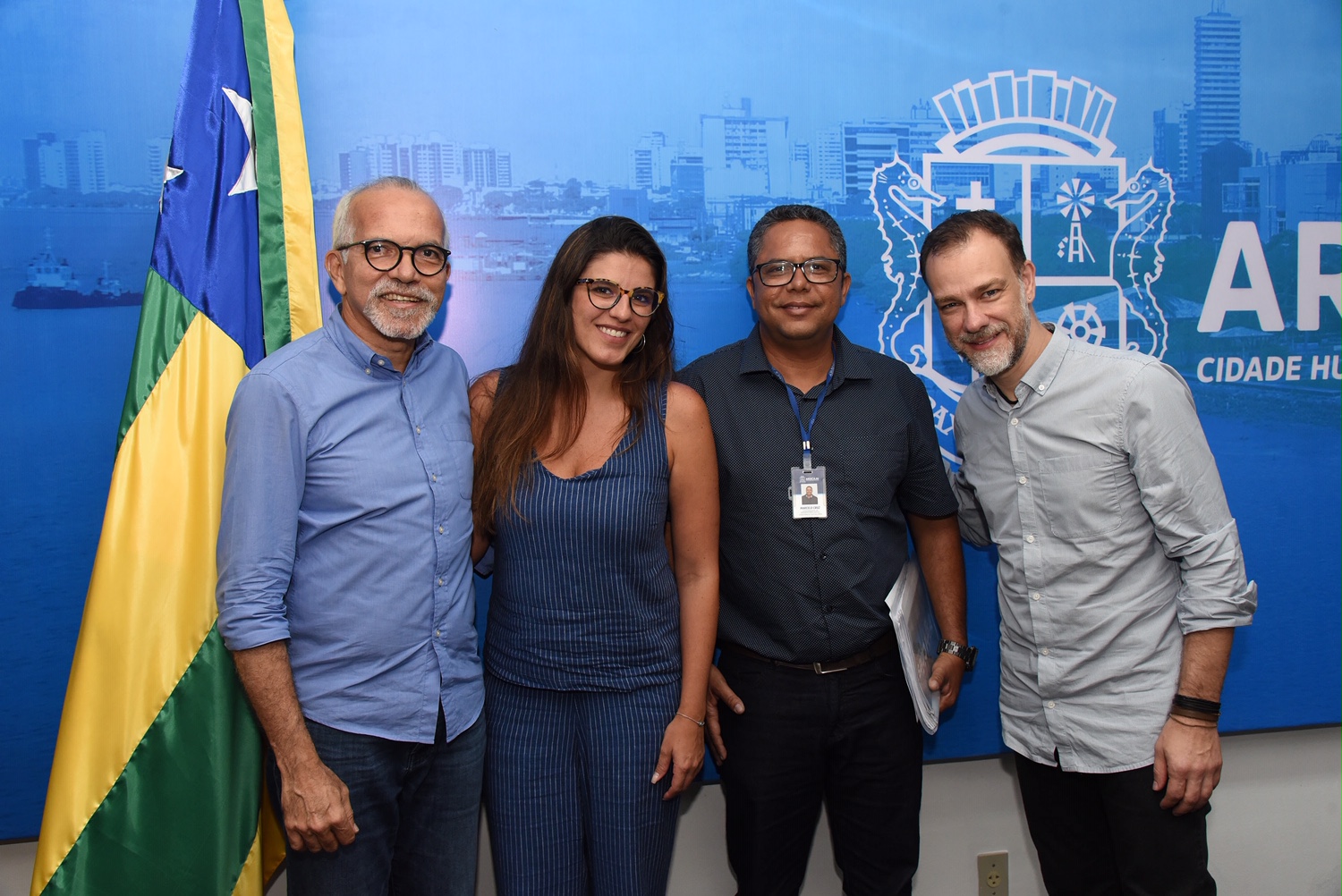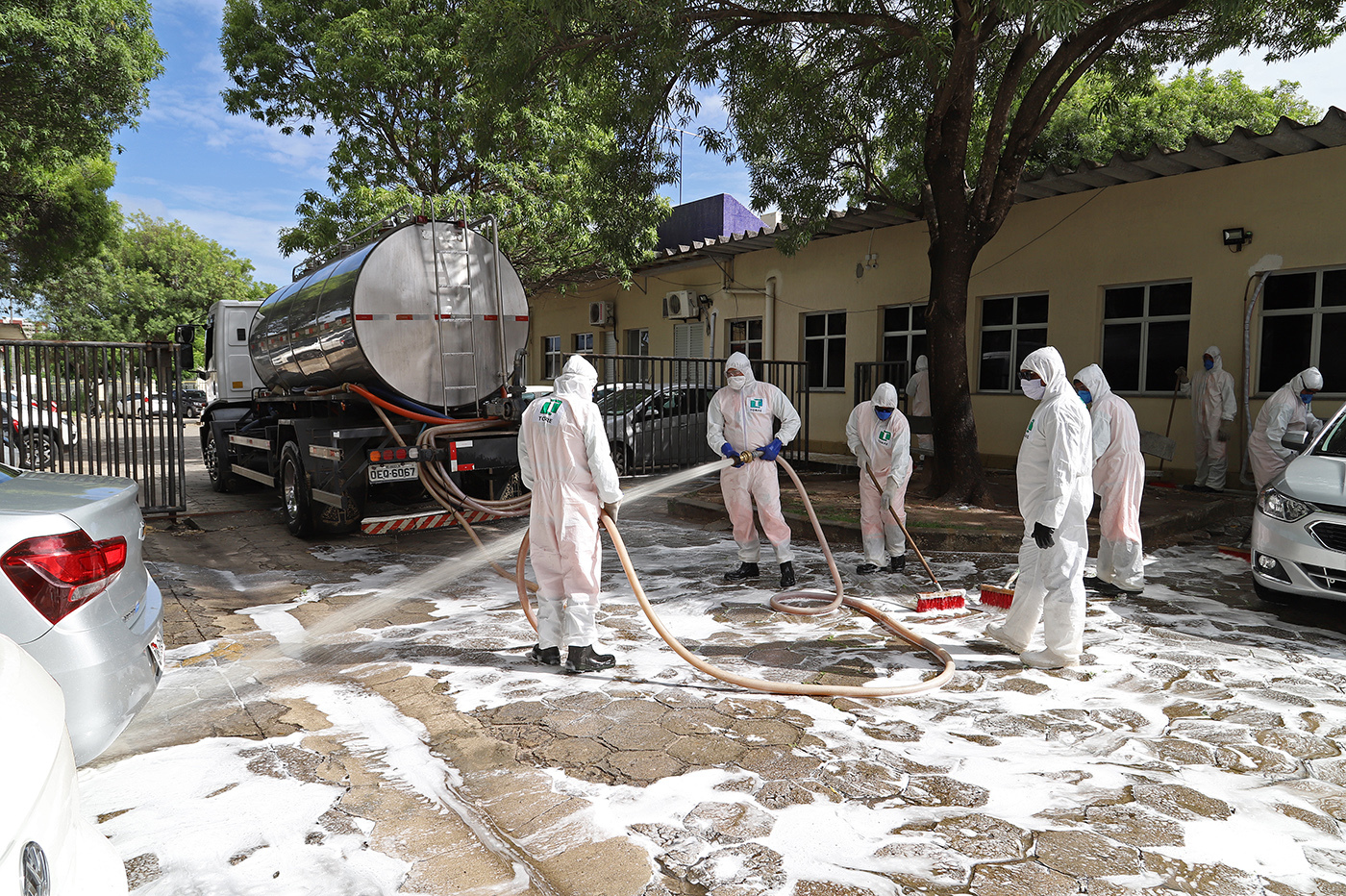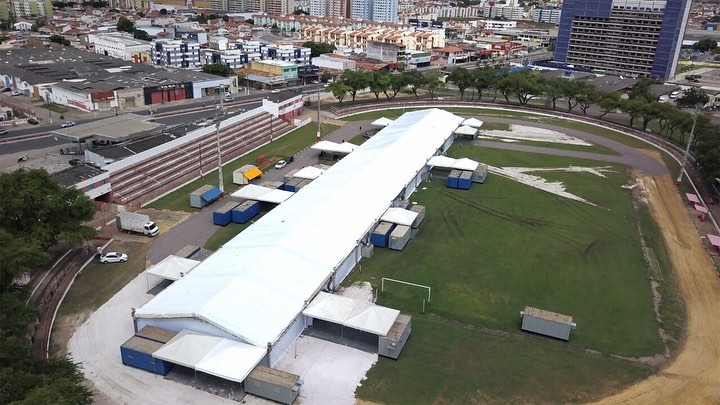Know the strategies and solutions employed by Aracaju/SE to deal with the pandemic
The consequences of the coronavirus for Brazilian cities are still incalculable. Two months have passed since the first case was announced in the country and municipalities are running out of time to get tests, safety equipments and extra hospital beds as a way to attend the increasing number of patients.
Hence the importance of municipal managers being able to count on accurate data and reports about hospital capacity, number of vocid-19 cases and the efficiency of public services in their city. As a tool that contributes to the process of building a smart city, Bright Cities platform performs a complete diagnosis of municipalities based on 160 global indicators, linked to ISO technical standards or the UN Sustainable Development Goals. With the data collected by these indicators we can evaluate the results in ten areas of urban management, including Health and Governance.
With the coronavirus pandemic, the challenge facing cities is dangerous: in addition to overcrowding health facilities, causing a political crisis and motivating an economic recession aggravated by social detachment, researchers still indicate that we have not even reached the peak of contamination by the disease, scheduled for the coming weeks.
“We have been preparing since January”, says Edvaldo Nogueira, mayor of Aracaju/SE. During a conversation with Bright Cities, the governor spoke about actions that have been taken by the city to face the pandemic, ranging from technologies for remote assistance to data analysis. The chat took place last Wednesday, April 29, during a Live on our Instagram ‘How to face the coronavirus in cities‘.
Couldn’t see it live? We have prepared a special content about our Live below, and the full video is available on our Youtube channel:
PREVENTION IS THE BEST REMEDY
Planning was essential for preparing Aracaju against the coronavirus. According to the mayor, at the beginning of the year a Contingency Plan was created by the City Hall to adapt the city’s public hospital system. Among the 41 basic health units available in the municipality, 8 were exclusively dedicated to cases of Covid-19 to prevent contact between other patients. In the UPA- the Emergency Care Units, containers were installed outside for the suspetcs.
The purchase of safety equipment for the health team, the PPEs, was also made in advance. With the lack of masks, gloves and face protectors on the market, countries have sparked an international competition to purchase products, most often sold at exorbitant prices because of the high demand.
Another point mentioned was the importance of social isolation, as indicated by international health agencies such as WHO. In mid-March, a municipal decree in Aracaju determined the temporary closure of shops, malls, theaters and concert halls as a way of avoiding crowds: “We know that this is the most efficient way to reduce the curve”, explained Edvaldo Nogueira.
THE IMPORTANCE OF DATA ANALYSIS
Data monitoring was another good action taken by Aracaju to diagnose the impacts of the disease. With daily reports, which also included the analysis of neighboring regions, the city has closely monitored the number of cases, suspects, infected and victims, while also making projections on the scenario for the coming weeks – and thus being able to prepare in advance.
This work is being carried out by an Emergency Operations Committee, which involves the mayor himself and municipal secretaries of health, economy, transportation, public cleaning, among others: “We seek to foresee all possible areas”, he explains. Among the data collected are the number of cases, the number of intesive care units available and mobility rates, analyzed by neighborhood and monitored 24 hours a day.
Aracaju is currently using the Bright Cities platform: “The platform has been very important to contribute with data, intelligence and indexes so that we can make good decisions,” said Mayor Edvaldo Nogueira. At the beginning of the year, the city received a complete diagnosis, where the city’s performance was evaluated and measured by 160 indicators. A personalized roadmap was also developed, where 80 smart solutions were pointed out in order to make the capital of Sergipe a smart city.
Bright Cities‘ diagnoses are based on numerous indicators related to the economy, innovation, sanitation, health and governance of a city, among others. Based on technical and scientific knowledge, creating public policies that employ data collection and analysis is the most efficient and safe way to contribute to the population’s quality of life.

FOCUSING ON TECHNOLOGY
To guarantee an online service, the Aracaju City Hall developed MonitorAju, a telephone and online service in which the inhabtitants can answer questions about the virus and fill out a form with symptoms to be remotely attended. Doctors, nurses and psychologists are part of the team, responsible for informing, accompanying and referring patients to the appropriate service stations.
The City Hall’s online portal also expanded the availability of online services. There are more than a thousand service options that can be done from home, such as the payment of taxes, duplicate of bills and register’s uptades.
From online assistance platforms, as Aracaju did, to cell phone applications, smart solutions are today the cities’ greatest allies to mitigate the effects of the coronavirus. Knowing this, Bright Cities mapped its database of intelligent solutions, with more than 1,000 registered initiatives, and made available online several alternatives, many of them free of charge, to be easily accessed by mayors and public managers.
To get to know them, access our database of intelligent solutions and type “CORONAVIRUS” in the search field.







